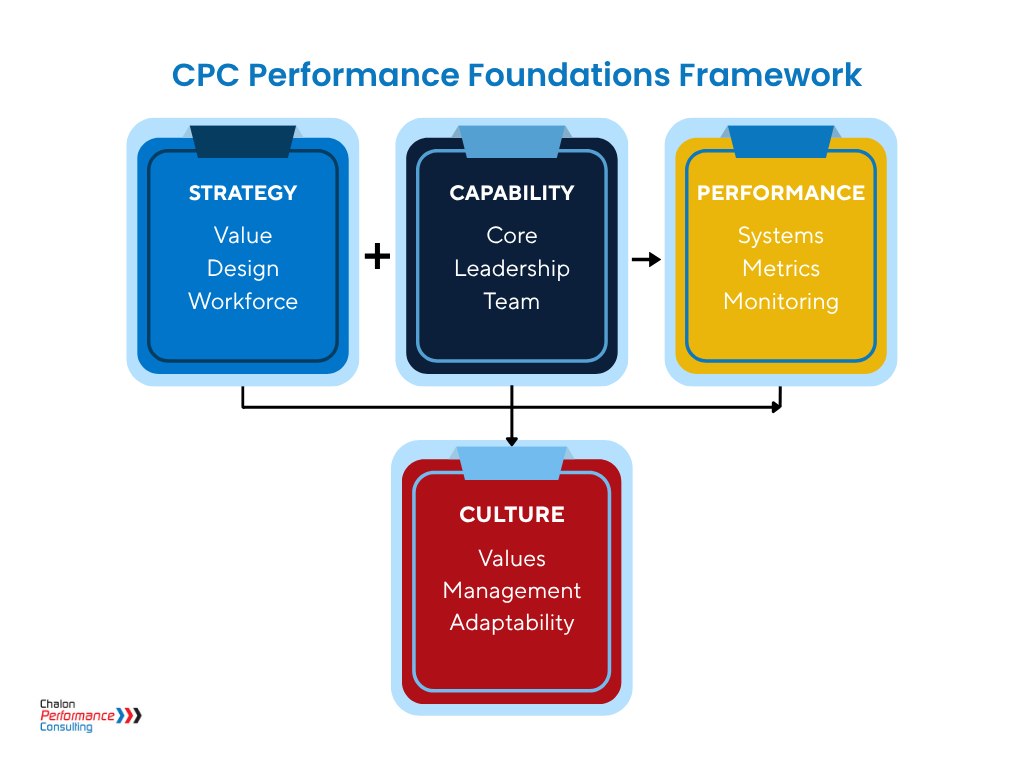Nobody could have foreseen the talents required to succeed in today’s economy fifty years ago. Most changes were totally unexpected. For instance, the increase of rigorous quantitative skills in the financial, advertising and healthcare services. Moreover, the rapidly collapsing distinctions hard and soft skills was unpredictable. Punit Renjen, CEO of Deloitte Global, believes that a new generation of job skills has the potential to be even more unpredictable. The new generation requires talent champions, or leaders, who are aware of the impending skills mismatch and implementing solutions. Top business executives are taking note of this, trying to better understand identifying, attracting, and developing the best employees tomorrow’s workplace.
In the “Success Defined in the Fourth Industrial Revolution” research from Deloitte, 55% of C-suite executives believe that the skill sets currently in demand and those that will be necessary in the future are excessively mismatched. Furthermore, 46% of them believe they are unaware of the abilities that will be in demand in the future. The major cause of concern with the skill gap is the importance of technological development in the upcoming years. 44% of executives polled claimed that it is difficult to prepare employees for the near-term changes in the nature of work because of their lack of technological fluency.
There is a real and developing skill gap. To make things worse, a lot of corporate leaders disagree that it is their responsibility to support employees in acquiring the necessary skills. Instead, according to 80% of business leaders, it is up to individuals, the government, and the educational system to create the skills needed by workers in the future. Then, there are “talent champions”. This particular group of leaders approaches worker preparation in a more proactive manner. According to the study, talent champions feel greater obligation than their colleagues to train their staff in cutting-edge skill sets (51% versus 41%). These leaders display a few crucial qualities:
- Talent champions are more interested in how socially responsible business practices can drive revenues, with 64 percent of them reporting that they have been able to do so.
- Talent champions are also more likely to invest in disruptive technology (42 percent versus 32 percent) and are committed to using those technologies in an ethical manner (44 percent versus 28 percent). That balance between social responsibility with corporate objectives is critical to retain younger employees.
Developing employees for tomorrow’s workplace requires:
- The best workforce of the future requires strategic planning.
- Prioritise training your workers on cutting-edge methods and technology, especially those that will be used in your company or industry.
- Recognise both the priorities and aspirations of this generation and the one after it.
- Consider the talents that your staff will require not just tomorrow but also in the upcoming years and decades. It might spell the difference between a business succeeding or failing in the workplace of the future.
Renjen added, “The Fourth Industrial Revolution will undoubtedly alter the way we view talent. Organisations that successfully and profitably manage these shifts will need to identify talent champions. They’ll be the ones driving the discussion about capabilities and potential and developing a supportive and competitive business culture”.
In the end, it all boils down to culture. Develop a supportive and sustained culture of performance to attain success. CPC will provide expertise on the actions that must be taken to deliver a culture that produces desired performance outcomes. Give us a call.














